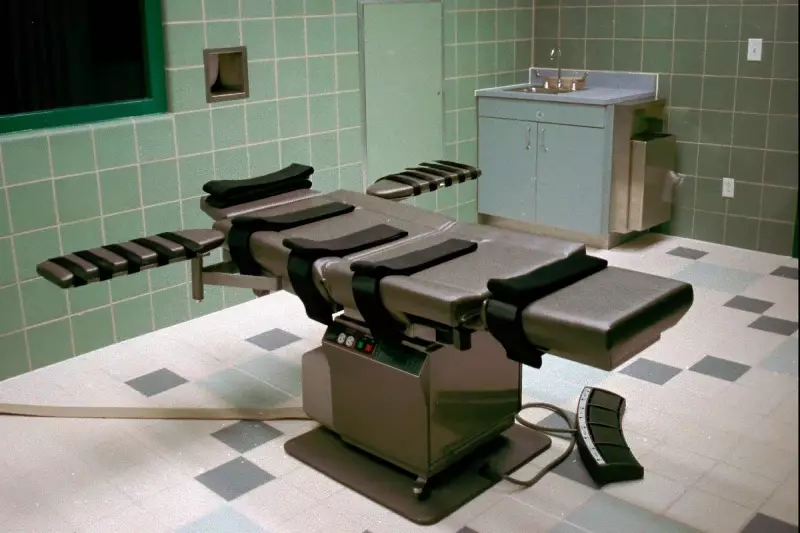
The state of Indiana has ignited a firestorm of controversy following the execution of Michael Dale Smith, a convicted murderer whose severe mental health conditions had sparked international appeals for clemency.
Smith, 48, was pronounced dead by lethal injection at Indiana State Prison on Wednesday evening, becoming the first inmate executed in the state this year. His case had drawn widespread attention due to documented evidence of his longstanding mental illness and appeals from human rights organisations worldwide.
A Troubled Case with International Scrutiny
Smith was convicted for the 2002 shooting death of 28-year-old Debra DeRoon during a robbery at her Chicago home. The prosecution argued it was a premeditated crime, while defence attorneys maintained that Smith's severe mental health issues significantly impaired his judgment and reasoning capabilities.
"This execution represents a profound failure of our justice system to account for mental illness," stated Amnesty International in a strongly worded condemnation. "Taking the life of someone with documented psychiatric conditions violates international human rights standards."
Growing Concerns About Mental Health and Capital Punishment
The case has reignited the heated debate surrounding capital punishment and mental health considerations in the American legal system. Mental health advocates argue that executing individuals with severe psychiatric conditions constitutes cruel and unusual punishment.
Recent years have seen increasing scrutiny of how states handle cases involving mentally ill defendants. Several Supreme Court rulings have placed limitations on executing individuals with intellectual disabilities, but the standards for severe mental illness remain less clearly defined.
Political Fallout and Public Reaction
Governor's office faced mounting pressure in the days leading up to the execution, with clemency petitions citing Smith's deteriorating mental state and expressions of remorse. Religious leaders, mental health professionals, and international observers had joined the call for a sentence commutation to life without parole.
As the debate continues, Smith's case adds to the growing number of controversial executions that challenge public perceptions of justice and humanity in the capital punishment system. The aftermath of this execution is likely to fuel further legislative and judicial examination of how mental health factors are weighed in death penalty cases across the United States.






